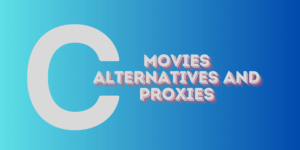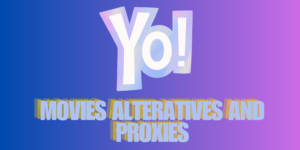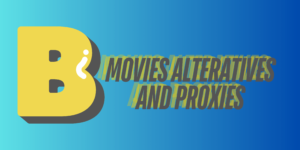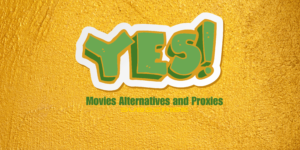Contents
What is Payable on Death (POD)?
Payable on Death, also known as a Totten Trust, an agreement between a client and a credit union or bank that appoints beneficiaries who will receive all the assets owned by the client. The asset’s quick hand over to the beneficiaries is initiated by the client’s death. Although this may seem grisly, it is important to understand these arrangements.
Understanding POD
These accounts are also called Testamentary or in-trust-for accounts, having the same purpose. One of the main objectives of opening a POD account is to not go through probate court. The POD enables the money to legally go to the individual chosen as the beneficiary only.
Types of Accounts
The majority of the banks let you open a POD account on your savings, money market, checking and also certificates of deposit accounts.
The owner of the Payable on Death accounts has the right to change policies, add or remove, change beneficiaries and also change the terms of the account; making POD accounts revocable.
The individual chosen as the beneficiary to a client’s Payable on Death account is not entitled to the money while the client is still alive. On the death of the owner of the POD account, the beneficiary instantly becomes the owner of the account.
Pros of a Payable on Death Account (POD Bank Account)
An important advantage of a Payable on Death account is that the account’s owner possesses the right to increase coverage limit with the help of the Federal Deposit Insurance Corporation (FDIC). The typical coverage limit for the owner’s assets at a certain financial firm is $250,000. This includes savings, checking, certificates of deposits and money market accounts.
Normally, POD accounts have a general rule of allowing a client to assign more than one beneficiary. But if an account holder wants each beneficiary to receive varying amounts of assets, it must be made sure that their respective state permits it as only selective states allow an unequal distribution of the assets in the POD account.
It is important to know that a Payable on Death account carries more weightage than a testament or a last will. If the POD has a beneficiary assigned that is different from one assigned in the will, the beneficiary designated for the POD prevails. The POD beneficiary is not obliged to follow the will or testament of the account holder, hence it is crucial for the account holder to make the necessary changes if a different individual is named as the beneficiary in their will.
A Payable on Death account is quite similar to a Transfer-on-Death or TOD. The difference between the two is that a POD deals with the client’s assets in the bank account and a TOD deals with the client’s bonds, stocks, mutual funds or any other investment assets. Both, the POD and TOD agreements help avoid the probate court and help in distributing the client’s assets to the respective beneficiaries.
Cons of a Payable on Death
In a POD, it is not permitted to name alternate beneficiaries for the account which is considered to be the main downside of this agreement. If the person you have nominated as your beneficiary passes away before you do, everything in your account goes to a will or an estate. Assigning many beneficiaries to the POD can help tackle this drawback.
Another drawback of a Payable on Death account is that it might be difficult for the executor to settle any sort of taxes or loans that need to be cleared out through the POD.
Lastly, choosing many beneficiaries makes the process of distribution of the assets from simple financial instruments more difficult. Sometimes, the proceeds are a fusion of CDs and other financial instruments that have an interest. Choosing multiple beneficiaries forces them to make negotiations and compromises to divide the proceedings.





